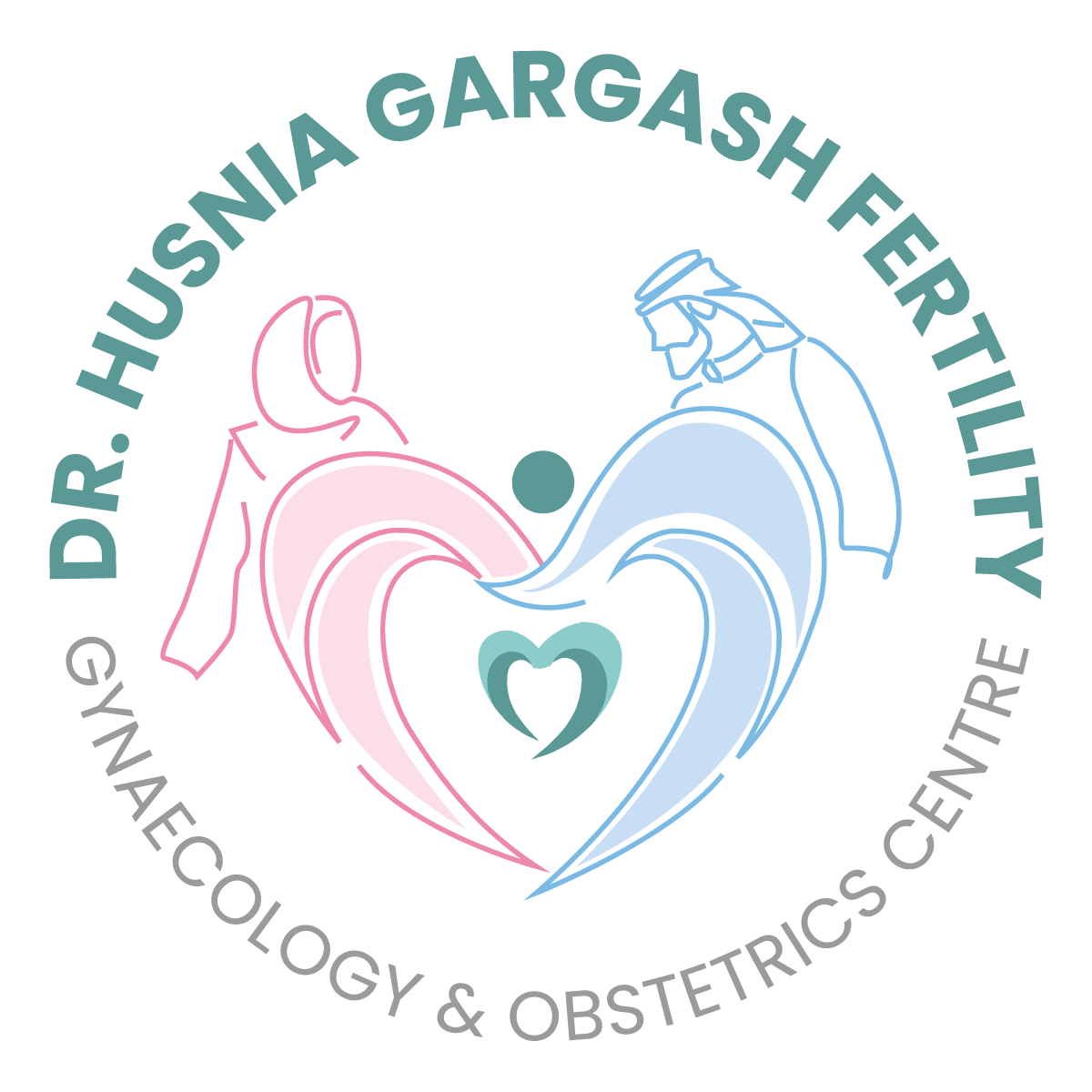A.R.T
Assisted Reproductive Technology (IVF, ICSI, IUI, ovulation induction, TESA+PESA)

ART – assisted reproductive technology – is changing the world for many would-be parents. ART involves a critically important suite of services like IVF, ICSI, IUI, ovulation induction and TESA+PESA to name a few. ART has made it possible for many families to have the dream of parenthood come true.
Here at Gargash IVF Speciality Clinic, we offer all ART treatments that have made it possible for many couples to undertake family planning and conceive a child of their own.
The IVF procedure
IVF is an incredibly important tool for couples struggling to conceive, and as such, it is important to know the various steps involved in its procedure. Primarily, IVF uses intracytoplasmic sperm injection (ICSI) to fertilize eggs, at which point assiting hatching can be utilized to increase success rate. Furthermore, banks may freeze embryos depending on the couple’s desires or IVF restrictions. Preimplantation genetic diagnosis (PGD) can be done prior to transferring an embryo in order to identify potential chromosomal defects or genetic problems while oocyte/ovarian tissue cryopreservation can help preserve fertility options for women. Lastly, IVF technicians can run genetic screening tests for chromosome anomalies as part of IVF services. It is reassuring to know IVF outlines clear steps with appropriate follow-ups that can be adjusted according to a couple’s needs and preferences.
IVF laboratory procedures
ICSI
ICSI is an important process that can be a great help to those seeking fertility assistance. By carefully selecting a single sperm and injecting it directly into the egg, conception can become much more likely for couples that have struggled with infertility for many years due to low sperm mobility or poor sperm quality.
Couples should trust their physician when considering this procedure, as they can direct them in the best way forward while providing guidance and support throughout the process. Furthermore, there are multiple safety measures in place to ensure ICSI is done correctly, allowing more couples than ever before to achieve their dream of having children.
Assisted hatching
Assisted hatching is one of the steps during IVF treatments, which involves thinning out part of the covering around the egg before its transfer. This helps to simulate the natural hatching process and improve the success rate by encouraging successful implantation. Sometimes assisted hatching is combined with ICSI (intracytoplasmic sperm injection) to ensure healthy egg development and improved fertility outcomes.
IVF treatments are customized to meet each couple’s personal fertility needs, and an experienced IVF specialist can provide more details on IVF assisted hatching procedures and their importance in a successful IVF treatment plan.
Embryo Freezing
Embryos are frozen at different stages of IVF to create extra embryos in case other embryos don’t survive or develop as expected. During IVF, eggs are harvested from the woman and fertilized with sperm, creating a fertilized egg. Embryos can be frozen while they are still one-celled organisms called zygotes; when they divide into two (two-cell), four (four-cell), or eight (eight-cell) cells; after five days of development, known as blastocysts, or at any time in between those phases.
Embryo cryopreservation has many advantages for IVF patients: it allows couples to preserve healthy embryos for later transfer if additional IVF cycles become necessary; it preserves multiple genetic profiles for sibling IVF transfers, and it prevents parents from having to pass on genetic disorders to future children if present in their genome. Embryo freezing provides fertility options, enabling people to build the families they desire and providing hope for their future.
Preimplantation genetic diagnosis (PGD)
with PGD, a single cell from an IVF embryo can be tested for genetic flaws before it is implanted. This process helps IVF couples make more informed decisions about their pregnancy and enables them to reduce their chance of miscarriage or the risk of having a baby born with a serious genetic disorder.
Genetic Screening for Chromosome Anomalies
As part of the IVF process, steps can be taken to increase the IVF success rate by testing the embryo for chromosomal anomalies through a procedure known as Genetic Screening for Chromosome Anomalies. This is an incredibly valuable tool that helps eliminate any potential genetic complications with IVF embryos and provides increased clarity on IVF embryo development. Before implantation, this screening method allows doctors to identify possible defective genes or chromosomal problems that may have caused difficulties before birth or after.
By taking this time prior to implantation, medical professionals can then develop a course of action that is tailored to each individual set of IVF embryos, reducing risks associated with undiagnosed genetic disorders while increasing the IVF success rate.
